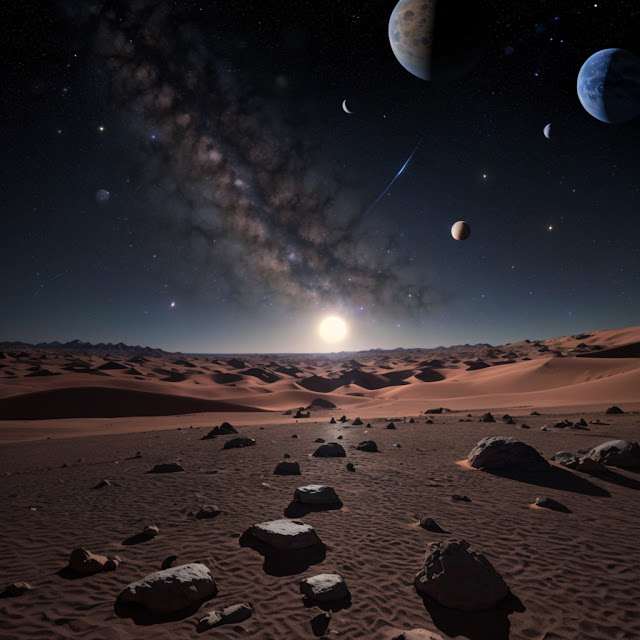AI news: Microsoft Announces WordPad Deprecation: The End of an Era

Microsoft is no stranger to making bold moves in its quest for innovation, and this time, it's WordPad that's in the crosshairs. After Cortana's recent digital demise, Microsoft is now taking aim at another long-standing feature: WordPad, the humble text editor that has been a part of Windows since its inception. In a note titled "Deprecated features for Windows client," Microsoft dropped the bombshell announcement: "WordPad is no longer being updated and will be removed in a future release of Windows. We recommend Microsoft Word for rich text documents like .doc and .rtf and Windows Notepad for plain text documents like .txt." This decision has raised eyebrows among Windows users who have grown accustomed to the presence of WordPad, which has served as a middle ground between the simplicity of Notepad and the complexity of Microsoft Word. WordPad offered a basic yet functional text editing experience, making it suitable for tasks that fell between quick



